Recipients of the Institute for Social Transformation’s Catalyze Grants and Emerging Scholar Grants. Learn more about each project and grantee below.
2025-26 Faculty Grantees
Seed Grant Recipients $500-$3,000
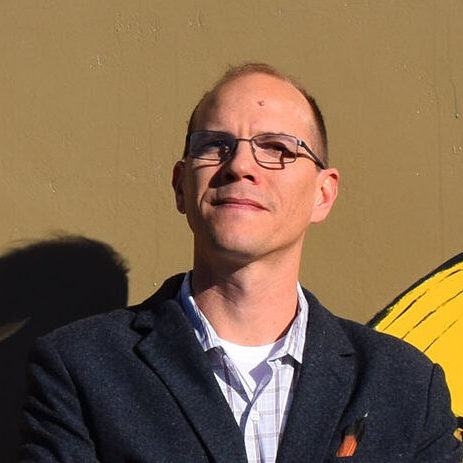
Tsim Schneider, Associate Professor, Anthropology
“Manuscript Preparation for Detours: Decolonial Guide to the Indigenous Bay Area“
Tsim D. Schneider, Caitlin Keliiaa, Inés Ixierda, and Alaura Hopper
“Seed grant” funding from the Institute for Social Transformation is being requested for the purpose of hosting several in-person meetings necessary to finalize a full manuscript for an edited anthology tentatively titled Detours: A Decolonial Guide to the Indigenous Bay Area. The book manuscript will be submitted to Duke University Press to be considered for publication as part of their groundbreaking Detours series.
Sprout Grant Recipients $2,500 to $18,500
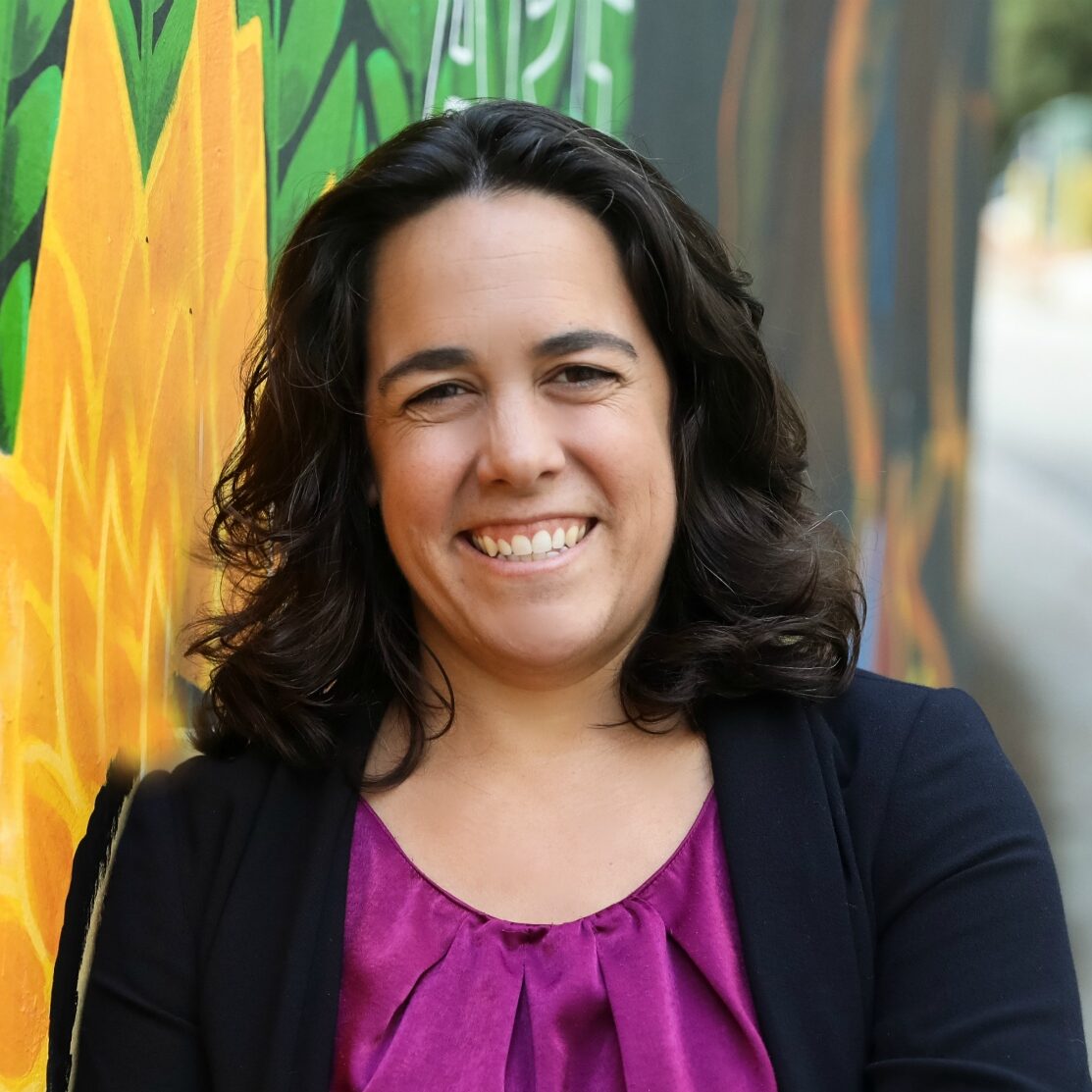
Jessica Taft, Professor, Latin American/Latino Studies
“Gender Transformative Education: Toward an Intergenerational Feminist Praxis“
Gender Transformative Education (GTE) is an educational framework working towards gender equality through education developed by the United Nations Girls Education Initiative (UNGEI) and other international bodies in 2021. This collaborative research project engages critically with this concept through a multi-sited multi-scalar institutional ethnography conducted in partnership with UNGEI, Purposeful (a global hub for girls’ activism), and young feminist activists who are part of these two networks. A sprout grant will allow us to deepen our relationships, conduct site visits with potential local partners, and collect data at upcoming international and regional gatherings.

Jeffrey Erbig, Associate Professor, Latin American/Latino Studies
“Atomized Lives: Histories of Deportation in Colonial South America“
This project analyzes the history of deportation in South America prior to the creation of modern borders. Drawing upon colonial manuscripts from seven countries, it balances a structural analysis of the phenomenon with a focus on the lived experiences of deportees. Numerous studies address deportations to South America, but few consider deportations across and from the region, and as a result, historical variations in the practice remain undertheorized. The present study demonstrates how deportees were more commonly expelled to contested borderlands than across established interstate borders. It reveals connections between penal deportation, the forced migration of Indigenous Americans and Africans, and the policing of sexuality.

Hyesung Grace Hwang, Assistant Professor, Psychology
“The development of political partisanship: Investigating the intersection of ideology, group tendencies, and socialization“
This project aims to understand how intractable political divides emerge in development so that we can identify the best entry points to educate and intervene on the negative consequences of political partisanship. This project will first conduct a literature review to formulate an integrative model of political partisanship development in early childhood. Using this model, we aim to generate pilot data to test predictions about how ideology and ingroup tendencies interact in producing children’s political biases. The funding will help produce (1) a literature review paper and (2) pilot data for NSF CAREER and Russell Sage Foundation grant applications.
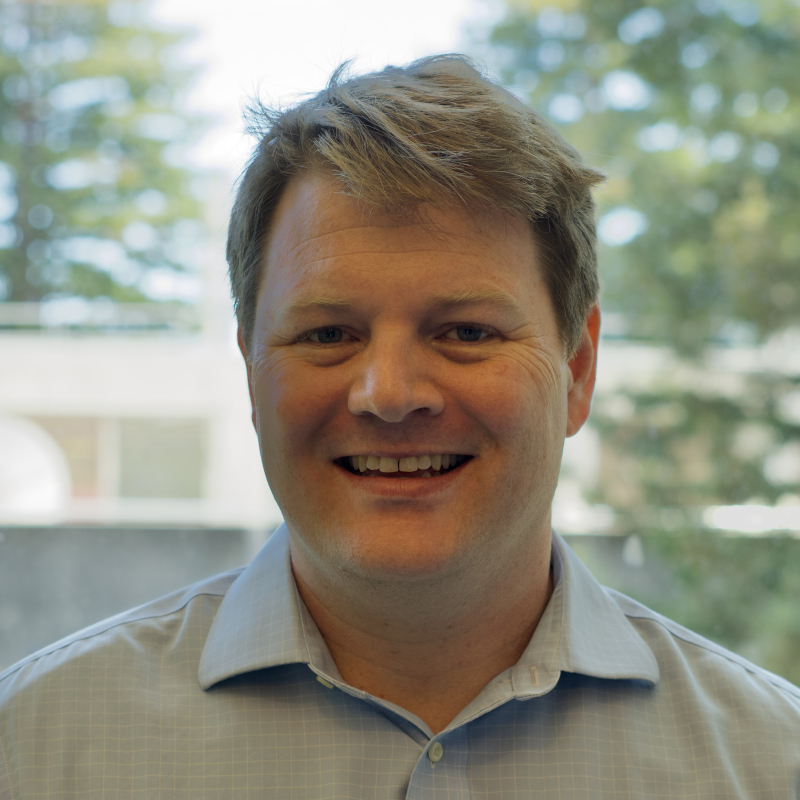
Jeremy West, Associate Professor, Economics
“Housing Discrimination, Credit, and Economic Opportunity“
We study how racial discrimination for housing affects the financial well-being and employment opportunities of disadvantaged households. Bringing together comprehensive credit histories for millions of Americans with data on real estate properties and results from a large field experiment on housing discrimination, our study addresses three research questions. First, we characterize the populations vulnerable to housing discrimination in terms of credit scores and related characteristics. Second, we examine how these credit characteristics interact with housing discrimination in determining who has access to residential locations. Finally, our project considers the longer-term financial and employment impacts of housing discrimination.

Paulo Tan, Assistant Professor, Education
“Dismantling Systemic Oppression: Advancing Liberatory and Conceptual Mathematics Learning with Black Disabled Students“
This project aims to build and test a theoretical coaching framework while advancing conceptual mathematics learning. Specifically, it will establish and sustain an authentic partnership with Black disabled youth in Oakland where a pilot study will be conducted. Their voices and experiences will be central in informing the development of this project’s intersectional justice coaching theoretical framework (ICF). This project will subsequently use the ICF to build and test a coaching model to support high school mathematics teachers toward more equitable instruction.
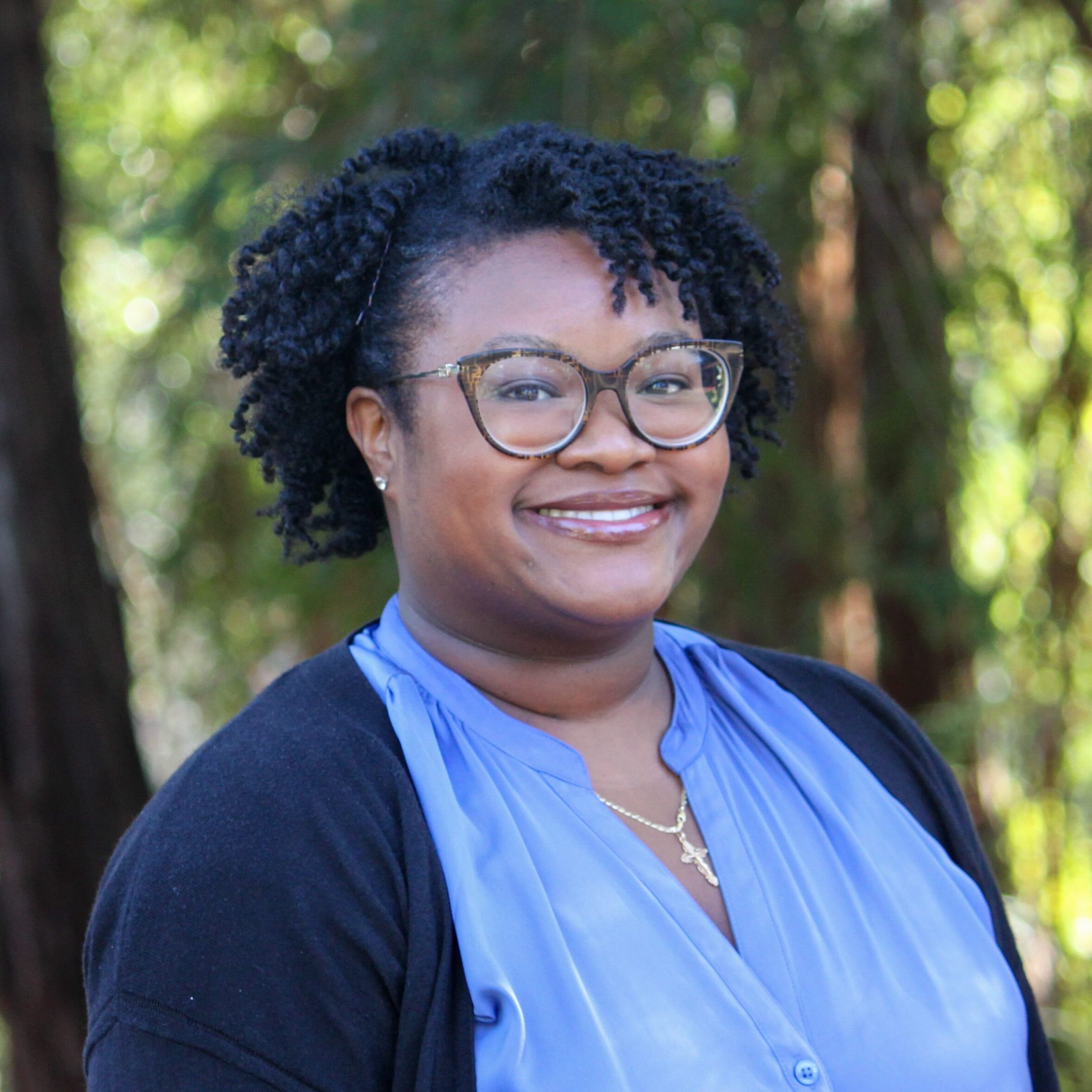
Kira Tait, Assistant Professor, Politics
“Sprouting Migrant Rights Education in South Africa“
As one of the wealthiest countries on the continent, South Africa has long attracted African migrants. Today, there are an estimated 3.6 million immigrants in the country. As South Africans experience increasing socioeconomic challenges and crime, there has been a rise in prejudice against African immigrants. This prejudice has posed significant barriers to migrants’ ability to access vital basic services like healthcare and education, despite domestic laws that protect migrants’ right to access these services. This project is designed to improve the rights awareness and legal literacy, and thus, the rights consciousness of African migrants. It will allow them to recognize the issues they encounter with these services as legal problems– rights violations worthy of legal intervention. In doing so, it seeks to empower migrants to advocate for themselves through the law.
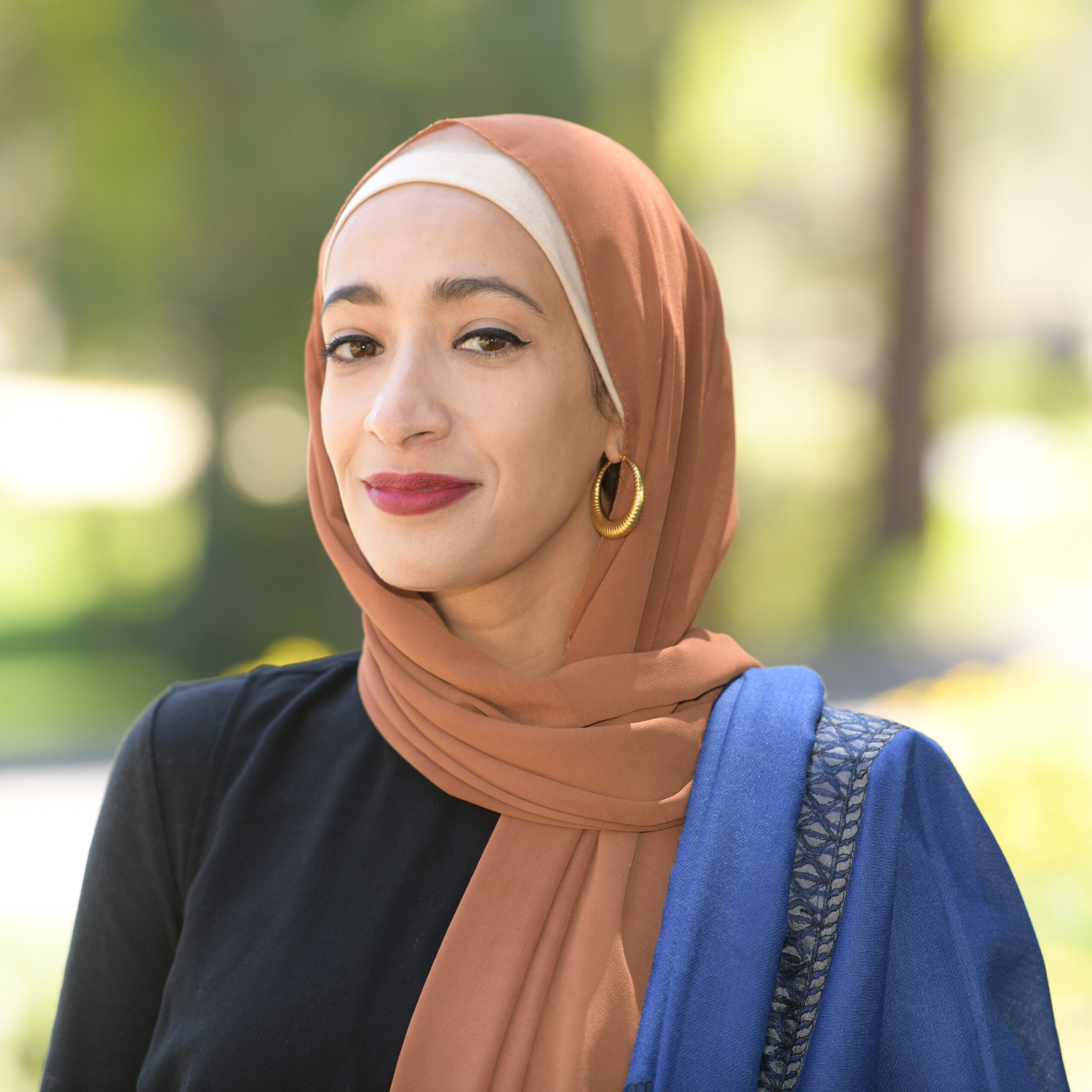
Ashwak Hauter, Assistant Professor, Anthropology
“Prescriptions for Body and Soul: Yemeni Mental Health and the Reparative Work of the Imagination“
My community-based project aims to explore cultural productions, art, and revival of history for mental health goals and the contributions of indigenous knowledge to psychotherapeutic models amongst the Yemeni Muslim community. I intend to examine this question by conducting ethnographic fieldwork with the Yemeni diaspora in Detroit Michigan. Through this fieldwork, I will explore how Yemenis refugees abroad navigate what has been deemed a collective mental health crisis within the community but also the abjection of their image as beggar, impoverished, and transgressive migrant. Using mixed methods, I aim to think about the potential reparative work of the imagination and the affects of geopolitics on psychic wellbeing.
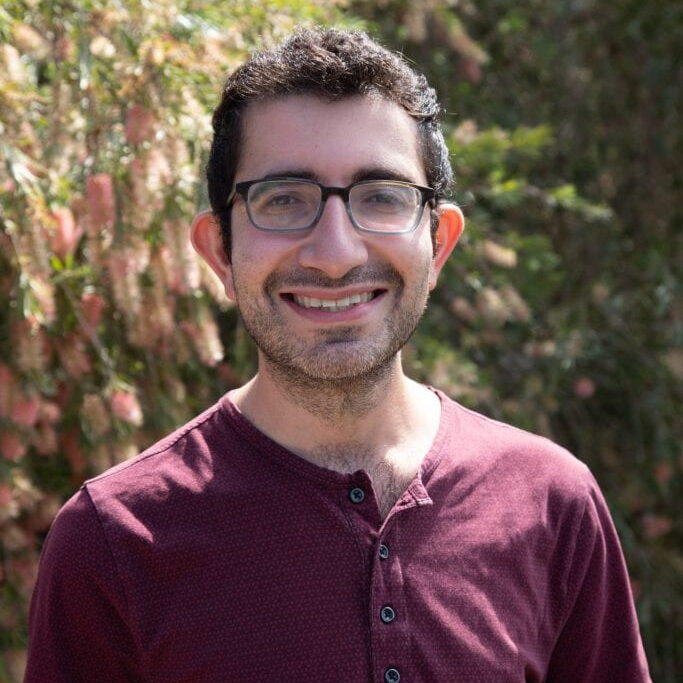
Danny Rahal, Assistant Professor, Psychology
“Daily Pathways relating Marginalization to Sleep and Mental Health among High School Students“
Insomnia and depression are public health concerns for high school students. Cultivating strong social relationships and school belonging may support students in facing daily challenges. My lab will examine associations between marginalization, daily feelings of school belonging and support from family and friends, and daily sleep and emotional well-being. We will recruit 150 high school students to complete a baseline survey and a three-week protocol, for which each day they will report daily stressors, emotions, sleep duration and restfulness, as well as feelings of belonging to their school, family, and friends. Findings will have implications for how strengthening students’ relationships can affect how they deal with subsequent stressors.
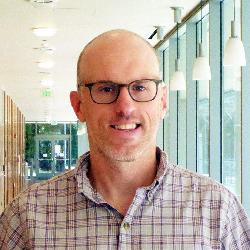
Jonathan Robinson, Chair & Professor, Economics
“Green Shoots: Seeding a Market for Certified Cassava Cuttings among Cooperatives in Rwanda“
Many African countries have limited ability to produce, multiply and disseminate improved planting materials, reducing yields and increasing susceptibility to diseases. This is particularly challenging for vegetatively propagated crops like cassava, which have bulky cuttings that must be replanted soon after harvest, so that farmers can only source materials locally. This study will experimentally boost local supply in Rwanda, by offering a treatment group of cooperatives an opportunity to become certified cutting multipliers. We will estimate effects on (a) disease prevalence, yields, and revenue for cooperatives; and (b) purchase of improved cuttings for individual farmers near cooperatives. We plan to measure impacts for 2 seasons.
2025 Faculty Grantees
Seed Grant Recipients $500-$3,000
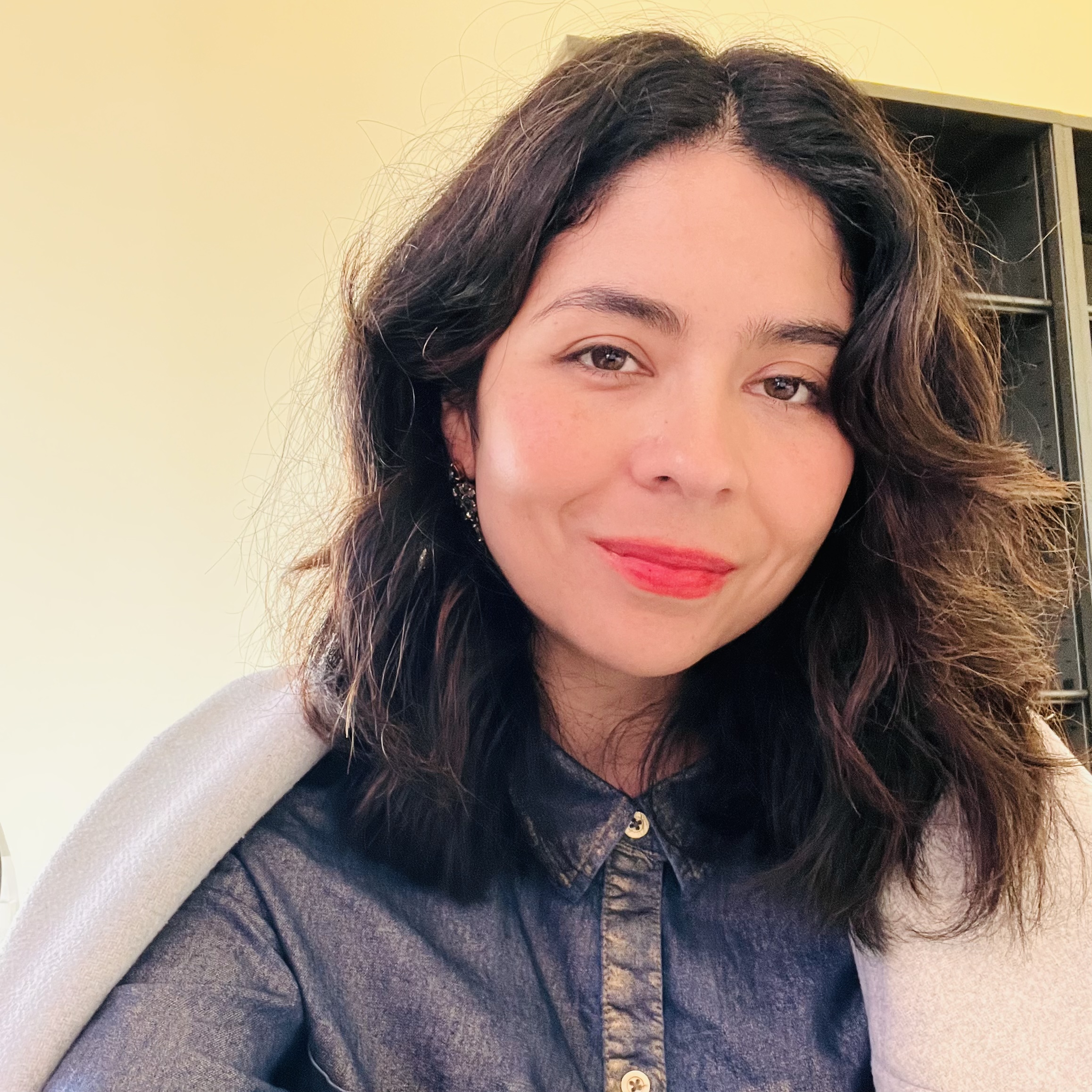
Michelle Aguilera, Assistant Professor, Education
“Cultivating Fruitful Collaborations: Partnerships with Dual Language Educators in Santa Cruz County“
This project aims to understand the experience of dual language educators in a local elementary school as they develop a new dual language curriculum. This project will build an important research partnership between the UCSC Education Department and local elementary educators in Santa Cruz County. In the first phase of the study, a series of Pláticas (workshops) will be developed that centers teachers’ knowledge and interests as they share their experience in the dual language classroom. The important insights yielded will help in understanding the unique factors that shape dual language programs in California and in this county specifically. Working collectively and collaboratively with local dual language educators, the aim is to build towards a dual language program and curriculum that serves all students.
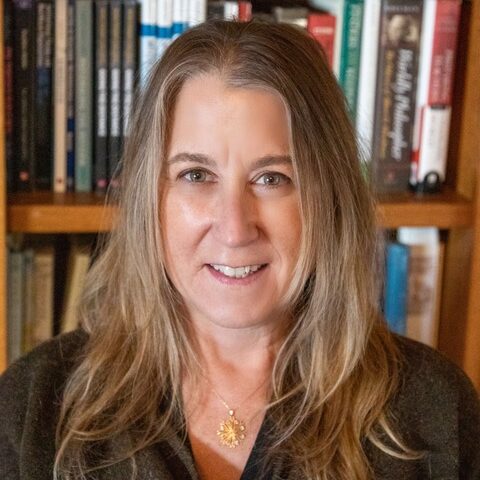
Lora Bartlett, Associate Professor, Education
“Transforming Crisis Response in Schools and School Systems“
Schools face repeated and growing crises in the delivery of public education, ranging from pandemics and natural disasters to gun violence, fiscal crises, racial reckonings, and threats to free speech & the democratic process; yet insights from crisis theory & related empirical research have not been widely applied to the study of schooling. This project will bridge that gap, help improve schools’ emergency responses, and address implications for the teacher workforce by bringing together scholars of crisis theory and emergency response with scholars of teachers’ work, organization, and education policy to collaboratively advance understanding of teachers’ work in times of crisis and seed an interdisciplinary school crisis research agenda.
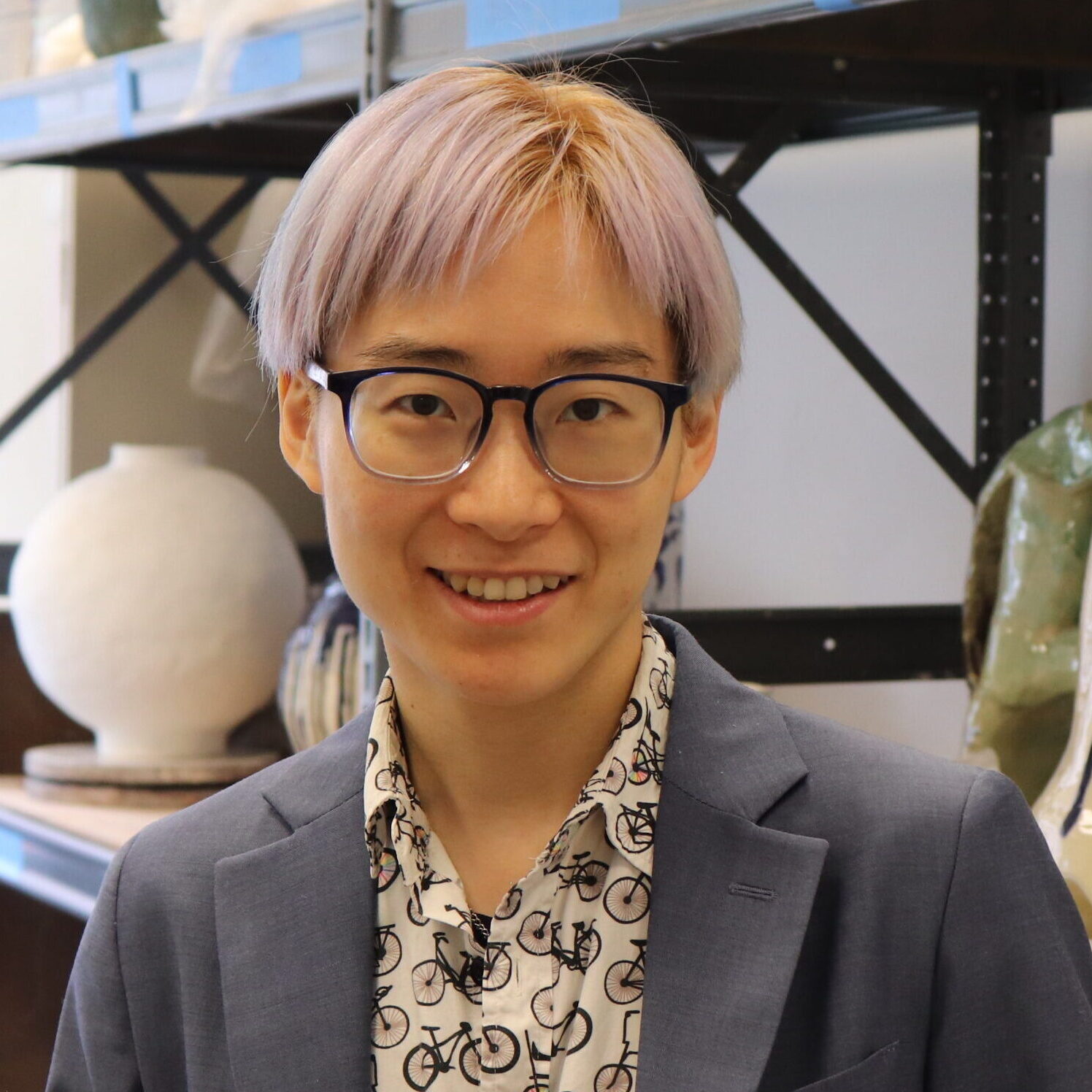
Zoe Zhao, Assistant Professor, Sociology
“Digital Survival: Chinese-speaking Immigrants in U.S. Platform Economies“
Our working group examines the digital platform ecologies and survival strategies of Chinese-speaking immigrant workers in the U.S., amidst the surge in Chinese asylum migration since 2021. Through interviews and ethnography, we analyze how these workers navigate and reshape platform-based labor markets while building mutual aid networks. Our group challenges elitist and high-tech stereotypes of East Asian immigrants, providing scholarly and policy insights into platform economies and undocumented migration, emphasizing their resilience and organizing potential in a hostile socio-political climate. We also aim to expand into a comparative research network exploring undocumented and refugee workers from non-Spanish speaking communities.
Sprout Grant Recipients $2,500 to $18,500

Rekia Jibrin, Assistant Professor, Education
“School Police Abolition: Reconceptualizing School Safety in the Wake of George Floyd“
In June 2020, Oakland Unified School District (OUSD) in California passed the “George Floyd Resolution to Eliminate School Police” (Resolution No. 1920-0260) (GFR), which abolished OUSD’s school police department. Scholars and practitioners are at the helm of a critical moment to illuminate what happens to these racial inequalities when district policy makers do act to diminish police presence in schools. To meet this need, I will collect data using focus groups and interviews with OUSD students who are part of the GFR design team to understand how Black and Latinx high school students are experiencing discipline and feelings of safety in the wake of the GFR.
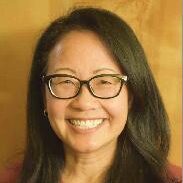
Flora Lu, Professor, Environmental Studies
“Unearthing Legacies: Black History Research and Preservation Initiative“
This project develops a partnership between UCSC and the London Nelson Legacy Initiative (LNLI) to research and share the stories of Black pioneers in pre-1900s Santa Cruz County, working to identify, restore, and preserve historical burial sites as a sacred act of cultural care and place-keeping. LNLI and UCSC will form a multidisciplinary team to conduct archival research, oral history collection, and community engagement to foster a deeper understanding of Black pioneers’ contributions to the region’s cultural and social fabric. IST funding will SPROUT a grant proposal to the Mellon Foundation, whose priorities include preserving cultural landmarks, such as cemeteries, as spaces of memory and enduring significance.
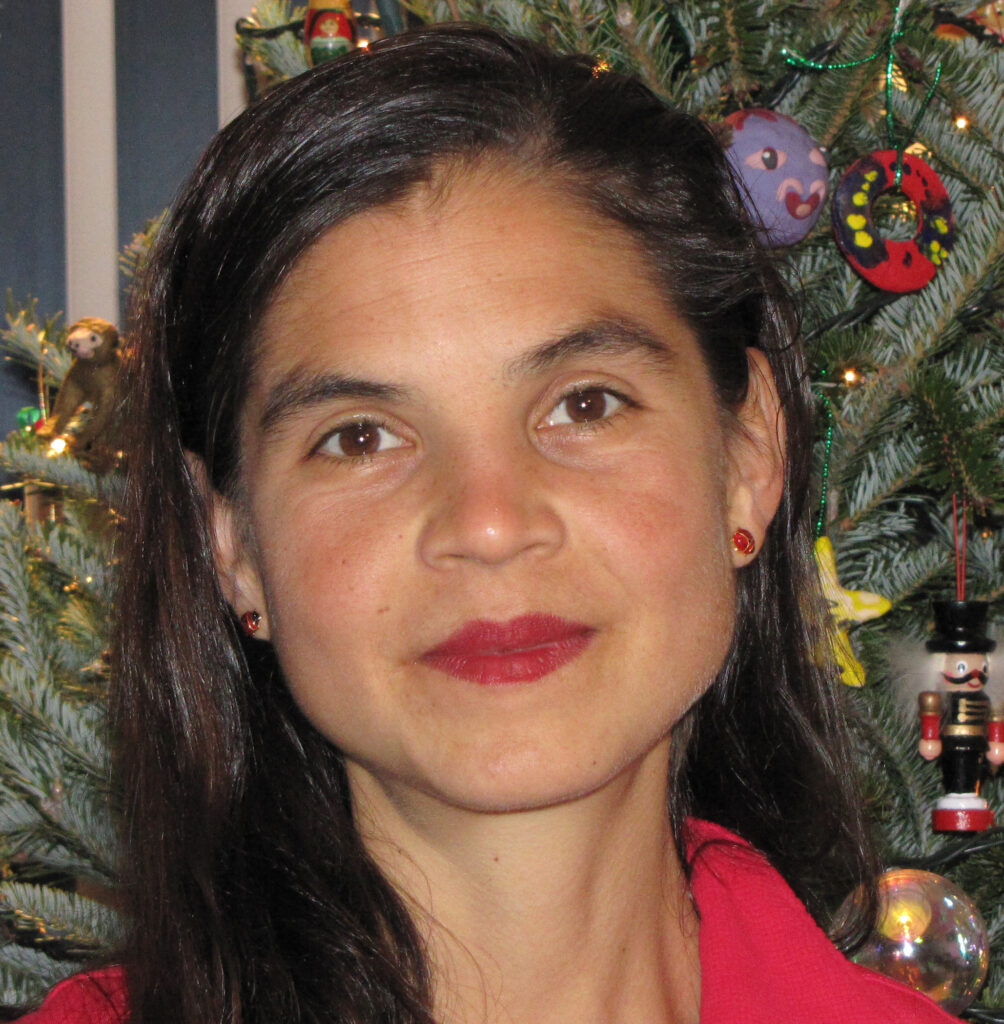
Maywa Montenegro, Assistant Professor, Environmental Studies
“Mapping the Visions, Politics & Practices of Agroecological Technologies“
Agroecology is often perceived as antithetical to technology, due to historical frictions with technology-centered industrial agriculture. Yet, agroecologists have their own technological visions and futures. They have creative ways of bootstrapping, repurposing, and reimagining how dominant sociotechnical systems can work in new ways. This project maps the politics, practices, and narratives of emancipatory technologies for agroecology, using the UN High Level Panel of Experts 13 Principles of Agroecology as an index. Cases include the global Assembly for Grassroots Innovations in Agroecology, US-based OpenTEAM, India’s Honeybee Network, the African Food Sovereignty Alliance, and the California-based Critical-Inclusive AgTech community.
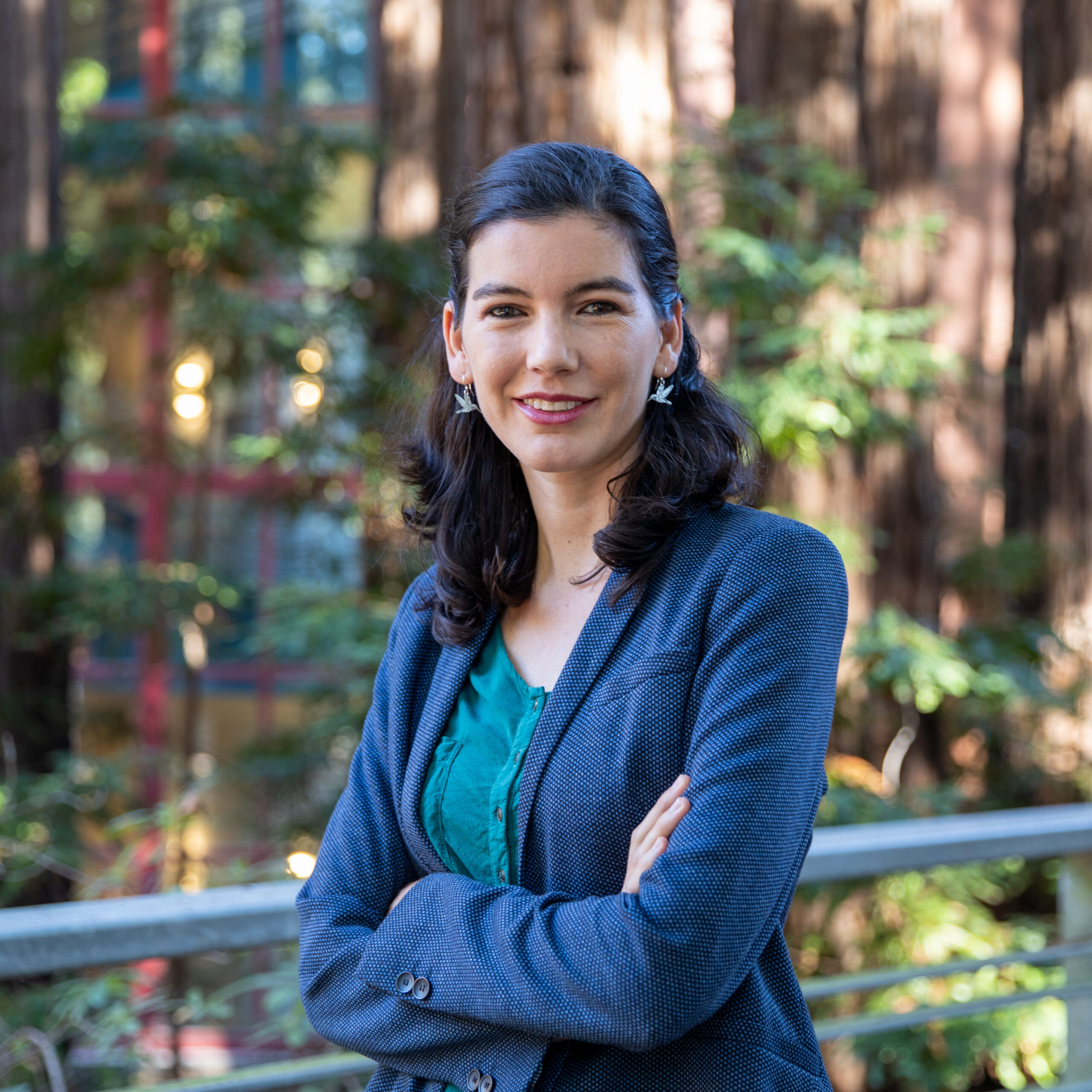
Natalia Ocampo-Peñuela, Assistant Professor, Environmental Studies
“Resurveys as Opportunities for Decolonial Science: Ornithological Knowledge in the Colombian Chocó“
In the early 1900s, Elizabeth Kerr surveyed the birds of the lowland jungles of Chocó in Colombia, but her story and legacy were buried by traditional patriarchal narratives of the history of ornithology studies in one of the globe’s biodiversity hotspots. Ocampo-Peñuela and her team want to resurvey the birds from the Kerr expeditions with a focus on community engagement and gender equity. Two scouting field visits to gather pilot data will lay the groundwork for a National Geographic Explorers Grant. These visits will allow the team to identify and build authentic collaborations with local scientists and community members to ensure their involvement in the NatGeo expedition proposal, as well as identify expedition sites and logistics.
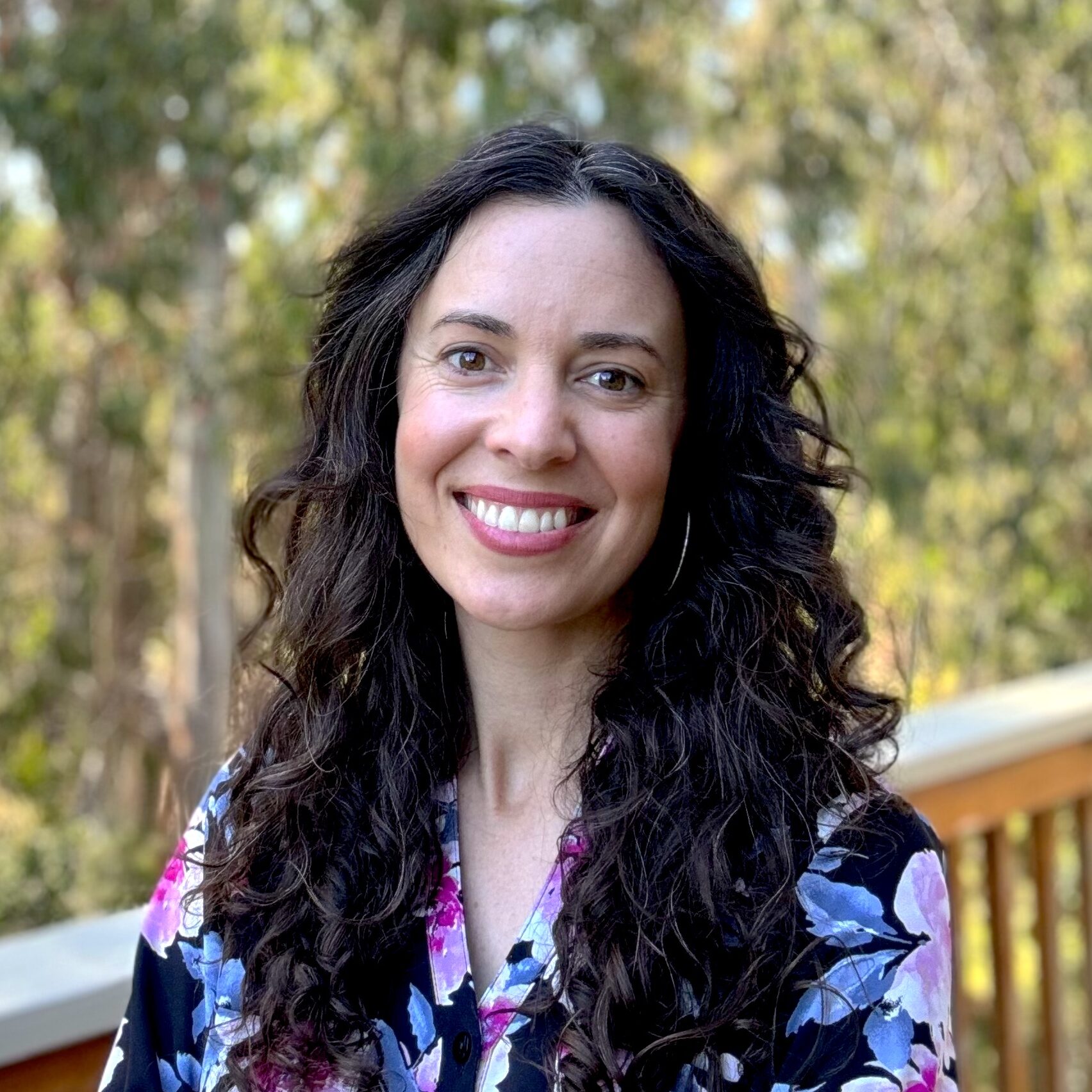
Alicia Riley, Assistant Professor, Sociology
“Using California Mortality Data to Make the Case for Immigrant Inclusion“
California is home to 10.5 million immigrants, nearly 20% of whom are undocumented. Due to exclusion from employment and social services, denial of basic rights, and targeting by law enforcement, undocumented immigrants are likely at greater risk of premature death and death from treatable causes. However, mortality data is not collected by legal status and, thus, it is nearly impossible to provide evidence of the mortality consequences of immigrant exclusion. The proposed project will address this gap using a novel method for studying mortality trends by legal status in California. The proposed analyses will answer urgent questions about the role of legal status in stratifying mortality risk and the potential for inclusive policy change to buffer those inequities.

Matt Sparke, Professor, Politics
“Comparing regional strategies for bio-pharma development in the public interest“
This project aims to advance knowledge of how and why region-specific strategies vary in their approaches to defining the public interest in developing bio-pharma innovation hubs. The research will build on three fields of knowledge: namely, the economic geography of value capture in global production networks; urban studies work on global city development; and multidisciplinary analysis in global health, science studies and law of efforts to expand affordable access to biomedical innovation. The research will evaluate how policy makers navigate the trade-offs between economic benefits for local regional economies and health benefits to national societies from investments in bio-pharma innovation. Comparing case studies in the US, Europe and South Africa, the proposed research will gather data to prepare a substantive case for making a NSF grant proposal.
Harvest Grant Recipients $500 to $1,800
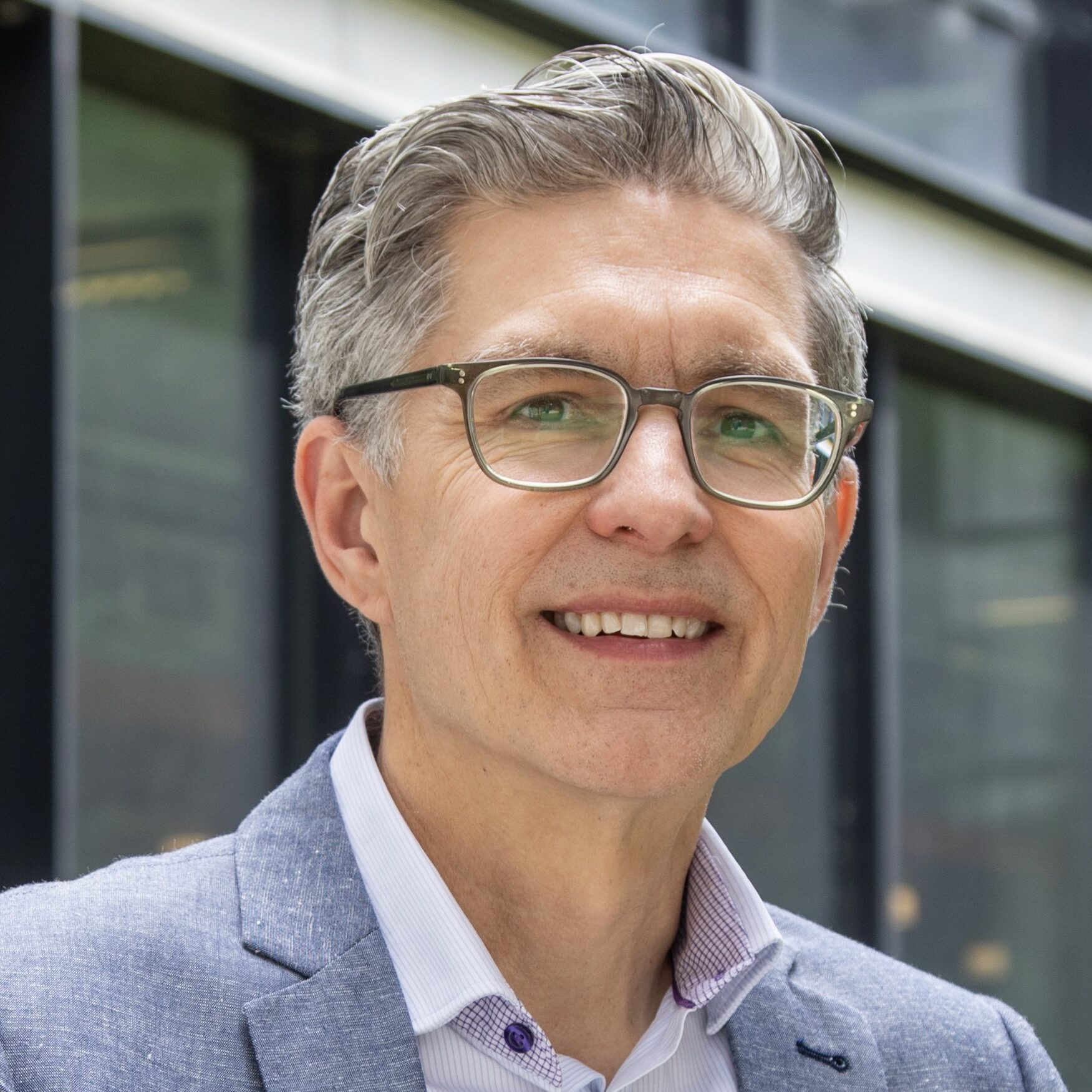
George Bunch, Professor, Education
“Working with Teachers to Amplify the Curriculum for Multilingual Learners“
We propose workshops for local K-12 teachers and school leaders on the occasion of the publication of the second edition of Amplifying the Curriculum: Designing Quality Learning Opportunities for Multilingual Learners. The book argues for a shift from “simplification” to “amplification” as the guiding principle for the education of multilingual learners. Workshops will focus on how teachers can teach history as inquiry and “reading like historians,” as opposed to “patriotic” indoctrination or mere memorization of facts. Each workshop, co-facilitated by teacher leaders, will invite teachers to participate in sample activities and discuss potential collaborations to develop future amplified learning opportunities for multilingual learners.

Josephine Pham, Assistant Professor, Education
“Visualizing Racially Just Education through Storytelling and the Arts“
Since 2020, I have collaborated with educators, artists, and scholars to re-present my scholarly findings on racial justice teacher activism in
the form of comics. By showcasing moment-to-moment practices for social transformation enacted by teachers of color in classroom, school, and community
settings through storytelling and visual arts, these research products expand more accessible engagement and dissemination of scholarly findings that
communicate complex social processes and critical theories related to racial justice education. The Harvest Grant will support creative collaboration activities,
publication, and dissemination of these art-based research products in a book manuscript written for educators, practitioners, and scholarly audiences.
Book Manuscript Accelerator Recipients
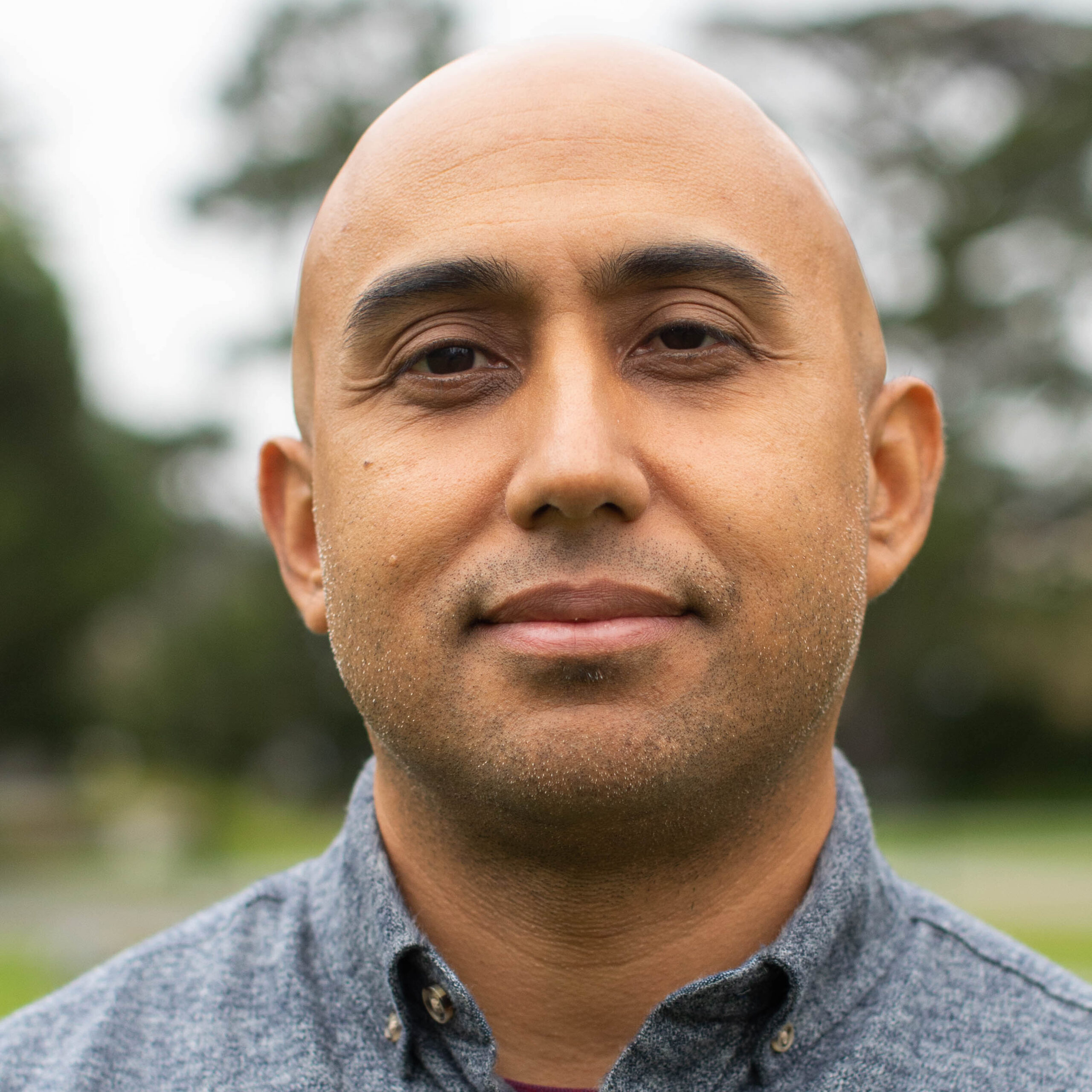
Carlos Martinez, Assistant Professor, Latin American & Latino Studies
“Captive States: Migration and Expulsion on the Carceral Frontier“
Captive States: Migration and Expulsion on the Carceral Frontier” ethnographically examines how the U.S. deportation regime and asylum deterrence policies have transformed the U.S.-Mexico borderland region into a zone of captivity for asylum seekers and deportees. Based on ethnographic fieldwork conducted since 2018, this project examines the everyday lives and survival strategies of these communities in Tijuana, Mexico. Moving between migrant and homeless encampments, governmental and private shelters, drug rehabilitation centers, and activist-run medical clinics, this project analyzes the lives of those subjected to intersecting forms of confinement, expulsion, and attrition at the U.S.-Mexico border.
Article Publication Grant Recipients

Arshad Ali, Associate Professor, Education
“Ethnographic Otherwise: Tracing Absences, Reimagining Dialogue, and Ethical Research”
This workshop will focus on two articles which propose critical interventions in the field of ethnographic research methodology, challenging traditional extractive practices and advancing de/anti-colonial and relational approaches. • “Tracing the Absent” interrogates the ethnographic archive as a site of colonial power and argues that transcription is inherently politicized. It introduces a decolonial analytic method to examine absences, erasures, and suppressed potentialities, providing tools to uncover epistemic violences and reimagine ethnographic practices. • “Learning Through the Interview” reimagines the qualitative interview as a relational and pedagogical process, critiquing hierarchical dynamics and advancing ethical, dialogical, and transformative research designs. Together, these articles advance the field of qualitative inquiry by interrogating epistemic violence, centering participant agency, and offering innovative frameworks for decolonial and relational methodologies. Their significance lies in fostering critical, reflexive scholarship, expanding ethical research practices, and deepening engagement with marginalized experiences and political possibilities.
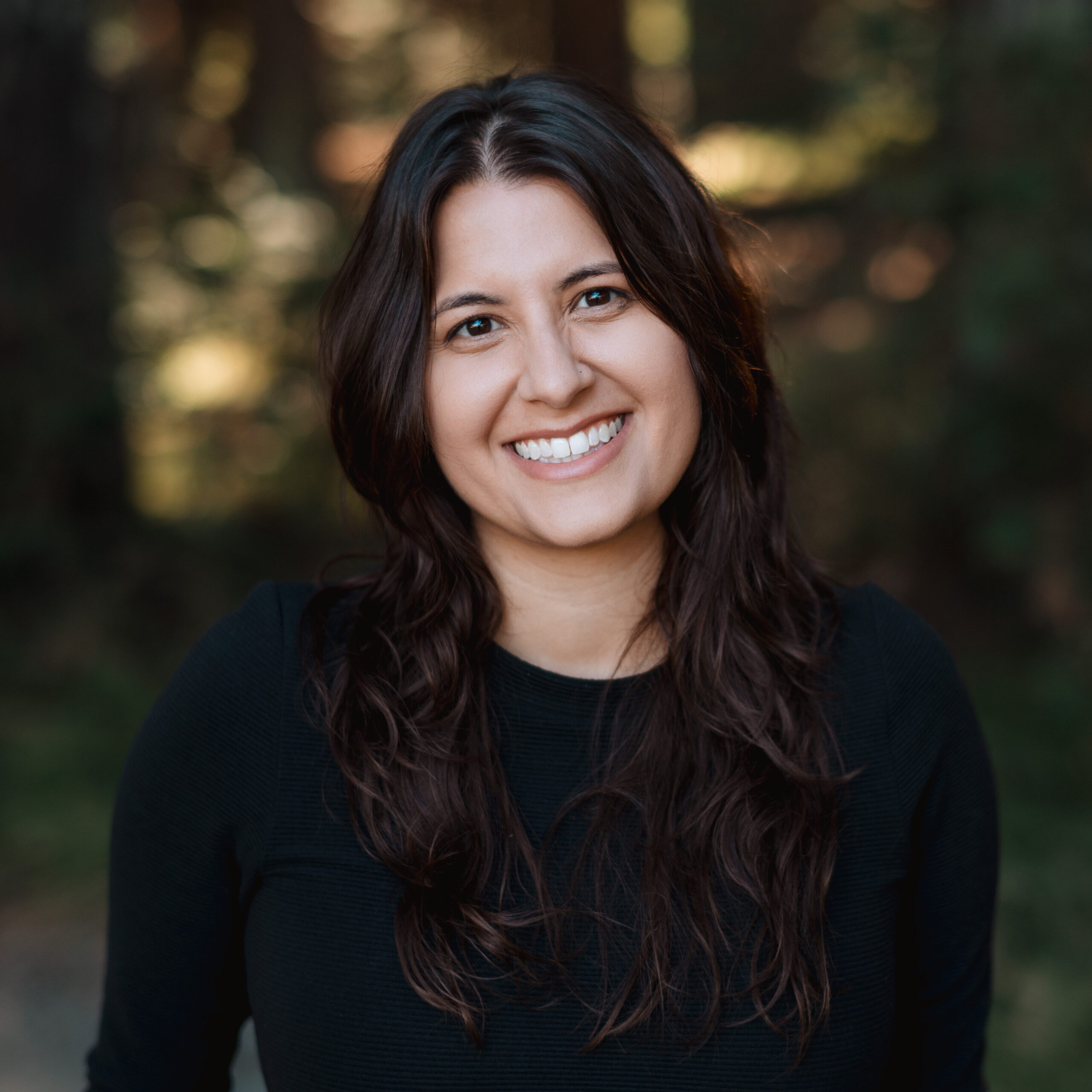
René Kissell, Assistant Professor, Education
“School Debt Under Fiscal Surveillance: An Embedded Case Study of State Takeovers of California Districts“
Education leaders across the country are under pressure to cut growing deficits through school closures and austere budget cuts, disproportionately in working-class Black and Brown communities. Some struggling school districts undergo a “takeover” of their local public schools, a policy mechanism where a democratically-elected school board is replaced with a single state administrator to govern the district. My research program brings together theoretical questions about the control of schools in society with the practical financial and political challenges to reinvesting in public education. In the case of school district debt, what is the role of California’s audit agency in shaping how communities make sense of the fiscal crises facing their local schools? My project examines emergent coalition-building efforts to bridge local organizing work across Northern and Southern California, and provides community stakeholders research-based, public resources on school finance inequities. In this workshop, I will assemble a panel of scholars to discuss school district governance with theories of the state, from policy mechanisms of inequality to theories of racial capitalism, and from ethnographic place-based histories to global networks of education reform. I will apply these insights to California, a state with a separate audit agency that has spurred an ecology of accountability standards, consultants, loan intermediaries, and audit culture.

